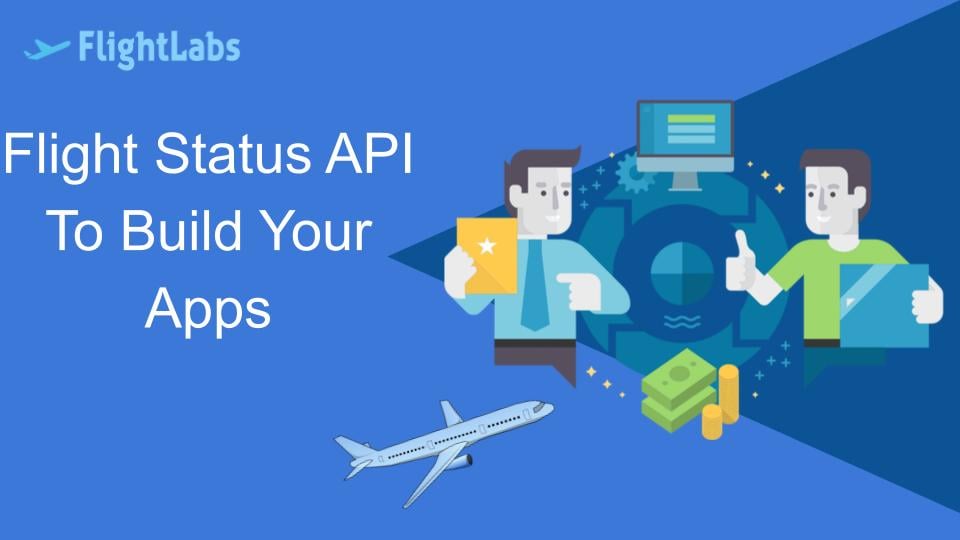Flight Status API To Build Your Apps

Building robust and user-friendly applications in the aviation industry requires access to real-time flight information. The Flight Status API emerges as a vital tool for developers looking to integrate live flight data into their apps seamlessly. In this blog post, we'll explore the versatility of the Flight Status API and how developers can leverage it to build innovative and efficient applications.
Real-Time Flight Updates:
The Flight Status API provides developers with real-time updates on flight statuses, including departures, arrivals, delays, cancellations, and diversions. This feature is essential for building apps that keep travelers informed about their flights' status, helping them plan their journeys effectively and stay updated on any changes.
Comprehensive Flight Information:
Developers can access comprehensive flight information through the API, such as airline details, aircraft types, departure and arrival times, gate numbers, and more. This wealth of data allows for the creation of detailed flight itineraries, interactive flight maps, and personalized notifications, enhancing the user experience of travel apps.

Get Started With Flightlabs And Learn About It
Integration Flexibility:
The Flightlabs offers flexibility in integration, supporting various programming languages and frameworks. Whether developers are using Python, Java, JavaScript, or other languages, the API provides SDKs, documentation, and support to streamline the integration process, making it accessible to developers of all skill levels.
Historical Flight Data:
In addition to real-time updates, the Flightlabs offers access to historical flight data. Developers can analyze past flight performances, on-time percentages, average delays, and other metrics to gain insights into flight patterns and trends. This historical data is invaluable for optimizing app functionalities and improving overall performance.
Customizable Notifications:
Flightlabs enables developers to create customizable notifications for users based on their flight preferences. Users can receive alerts about flight status changes, gate updates, boarding announcements, and baggage claim information, enhancing their engagement with the app and ensuring a seamless travel experience.
Enhanced User Experience:
By integrating the Flightlabs , developers can significantly enhance the user experience of their apps. Users can track their flights in real time, access detailed flight information, receive timely notifications, and make informed decisions about their travel plans. This level of functionality and convenience sets apps apart and attracts more users.
Support for Travel Planning:
Travel planning apps can benefit greatly from the Flightlabs 's capabilities. Users can use the app to search for flights, view real-time availability and prices, track flight statuses, receive alerts, and manage their bookings seamlessly. This comprehensive approach to travel planning enhances user satisfaction and loyalty.

Insights for Aviation Professionals:
Flightlabs isn't limited to traveler-focused apps; it also provides insights for aviation professionals. Airlines, airports, and aviation authorities can use the API to monitor flight operations, optimize schedules, manage resources efficiently, and improve overall service quality, leading to a more streamlined and reliable aviation ecosystem.
Conclusion:
The Flightlabs is a powerful tool for developers looking to build feature-rich and user-friendly applications in the aviation industry. With real-time flight updates, comprehensive flight information, historical data access, customizable notifications, enhanced user experience, integration flexibility, support for travel planning, and insights for aviation professionals, the API offers a range of functionalities to meet diverse app development needs. By leveraging the Flight Status API, developers can create innovative and efficient apps that provide users with valuable insights and enhance their overall travel experience.